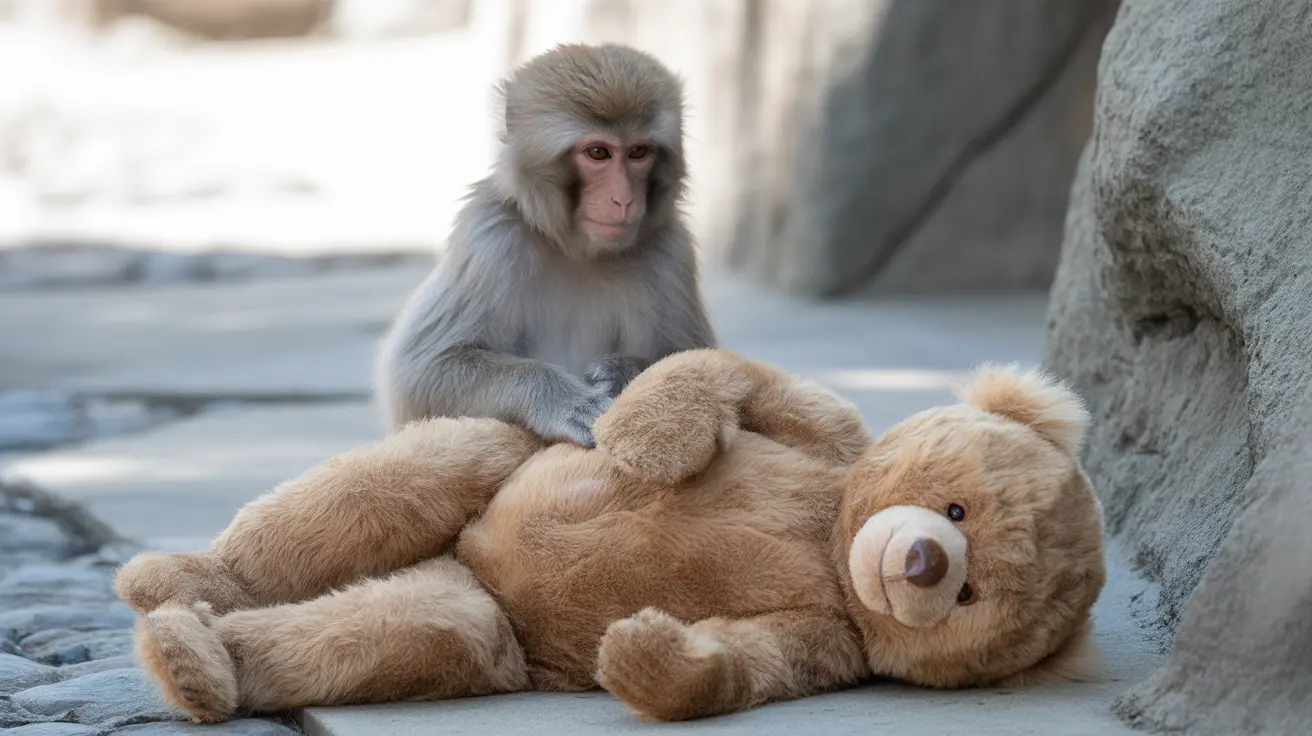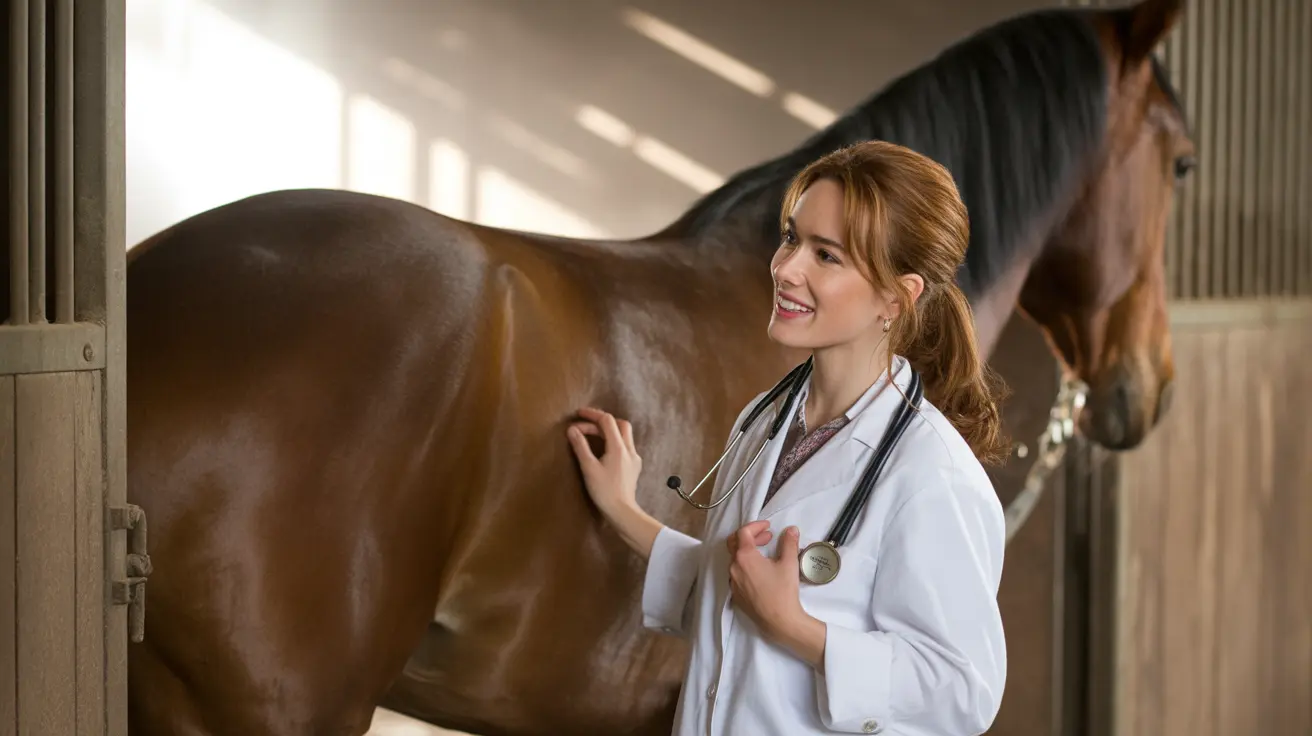Are Dalmatians Good House Dogs? What Every Pet Owner Should Know
Known for their distinctive spotted coats and energetic persona, Dalmatians are one of the most recognizable dog breeds in the world. But beyond their striking appearance, many prospective dog owners wonder: Do Dalmatians make good house dogs? The answer depends on understanding and meeting their unique needs.
Understanding Dalmatian Temperament
Dalmatians are known for their bold, playful, and high-energy personalities. Originally bred as carriage dogs, they have a natural instinct for endurance and require plenty of physical and mental stimulation. While loyal and affectionate, they also have a strong independent streak that requires consistent training.
Pros of Having a Dalmatian as a House Dog
- Loyal Companions: Dalmatians are fiercely devoted to their families.
- Intelligent and Trainable: With proper guidance, they can learn commands and tricks efficiently.
- Good with Active Families: They thrive in homes with children and active lifestyles.
- Protective Instinct: Their alert nature makes them excellent watchdogs.
Challenges to Consider
- High Exercise Needs: Dalmatians require at least one to two hours of vigorous activity each day to prevent boredom and destructive behavior.
- Prone to Separation Anxiety: They do poorly when left alone for long periods and may develop behavioral issues.
- Sensitivity to Diet: They can have urinary health concerns and require a carefully managed diet low in purines.
- Stubbornness: Their independence can pose a challenge to first-time dog owners without experience in training.
Ideal Living Environment
For a Dalmatian to thrive as a house dog, the following conditions are essential:
- Space to Move: A home with a backyard or access to open areas is ideal.
- Active Owners: Individuals who enjoy jogging, hiking, or playing fetch are well-suited for this breed.
- Social Interaction: They do best in homes where someone is around most of the day or where they have canine companionship.
- Routine and Structure: Clear rules, daily exercise, and mental engagement help channel their energy positively.
Grooming and Shedding
Despite their short coat, Dalmatians are heavy shedders year-round. Weekly brushing reduces loose hairs and maintains coat health. Their overall grooming needs are minimal aside from routine ear cleaning and dental care.
Health Considerations
Dalmatians are a generally hearty breed, but they are predisposed to specific health conditions that require attention:
- Deafness: A significant percentage of Dalmatians are born deaf in one or both ears. Early testing is necessary.
- Urinary Stones: Due to a unique metabolism, they are more likely to develop kidney or bladder stones. A balanced, low-purine diet and hydration are key.
- Allergies: Sensitive skin and food allergies may surface and require vet consultation.
Training and Socialization
Socializing Dalmatians from a young age helps them become well-adjusted house pets. Positive reinforcement training works best as they respond poorly to harsh methods. Enrolling your Dalmatian in obedience classes is recommended, especially for novice dog owners.
Are Dalmatians Good for Apartments?
While not typically suited for apartments, Dalmatians can adapt if given rigorous daily exercise and attention. Without adequate stimulation, they may become restless or destructive in small spaces. Noise sensitivity can also make apartment life stressful for them.
Conclusion: Are Dalmatians Right for Your Home?
Dalmatians can make excellent house dogs for the right household. They require owners who are committed to their physical, mental, and emotional needs. If you lead an active lifestyle and can dedicate time to training and bonding, a Dalmatian may be the perfect fit. However, novice pet owners or those seeking a low-energy companion might want to consider other breeds.
In summary, Dalmatians are best suited for experienced, engaged owners with active routines and a structured environment where they won’t be left alone for extended periods.





